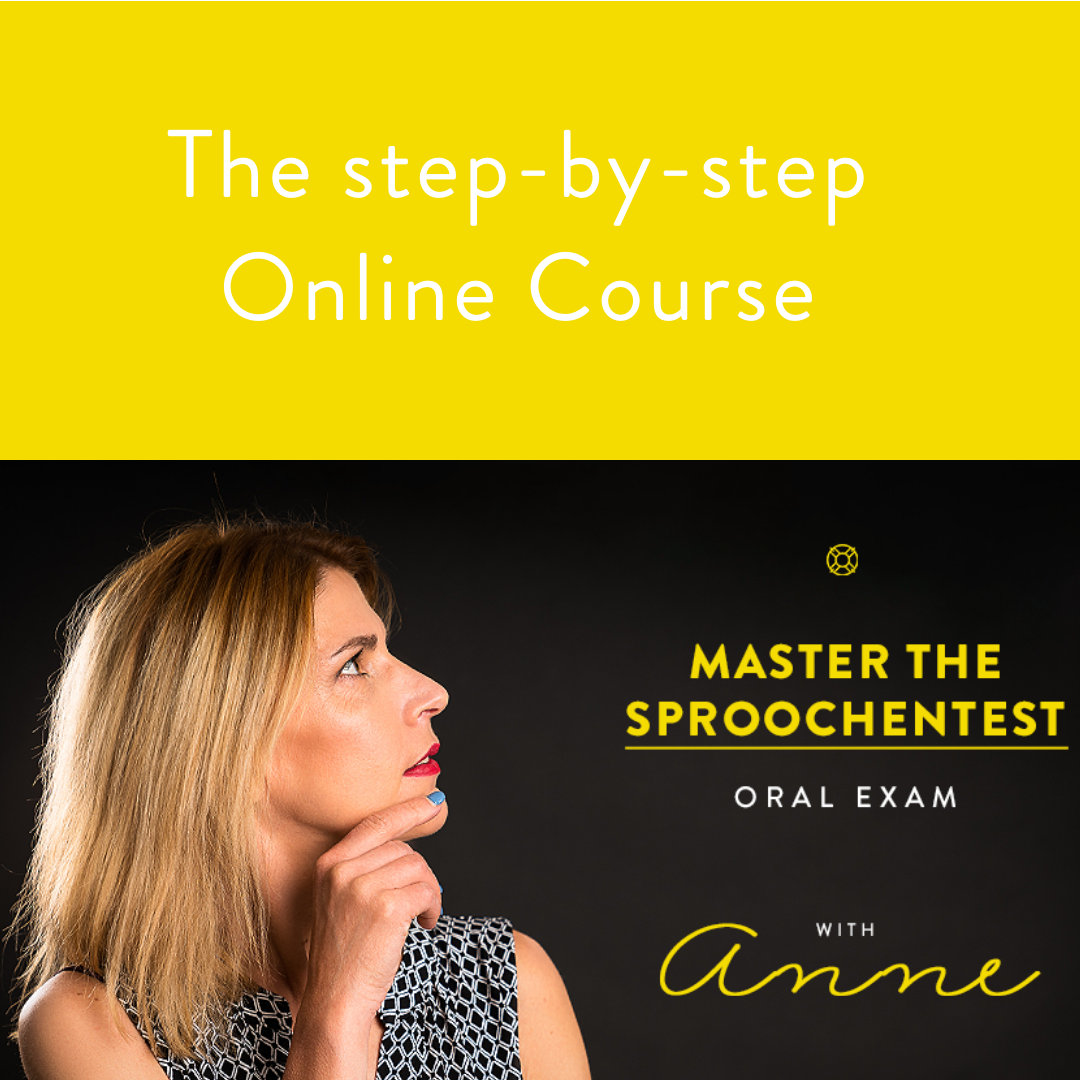Learn 10 Verbs with the preposition mat
In Luxembourgish there are verbs which take a certain preposition and in this lesson you will learn 10 verbs that take the preposition mat with. Remember that mat is a preposition that always takes the dative case 1. ufänken mat to start Beispiller (examples) Mir fänken um 8 Auer mam* Cours un. – We are … Read more









